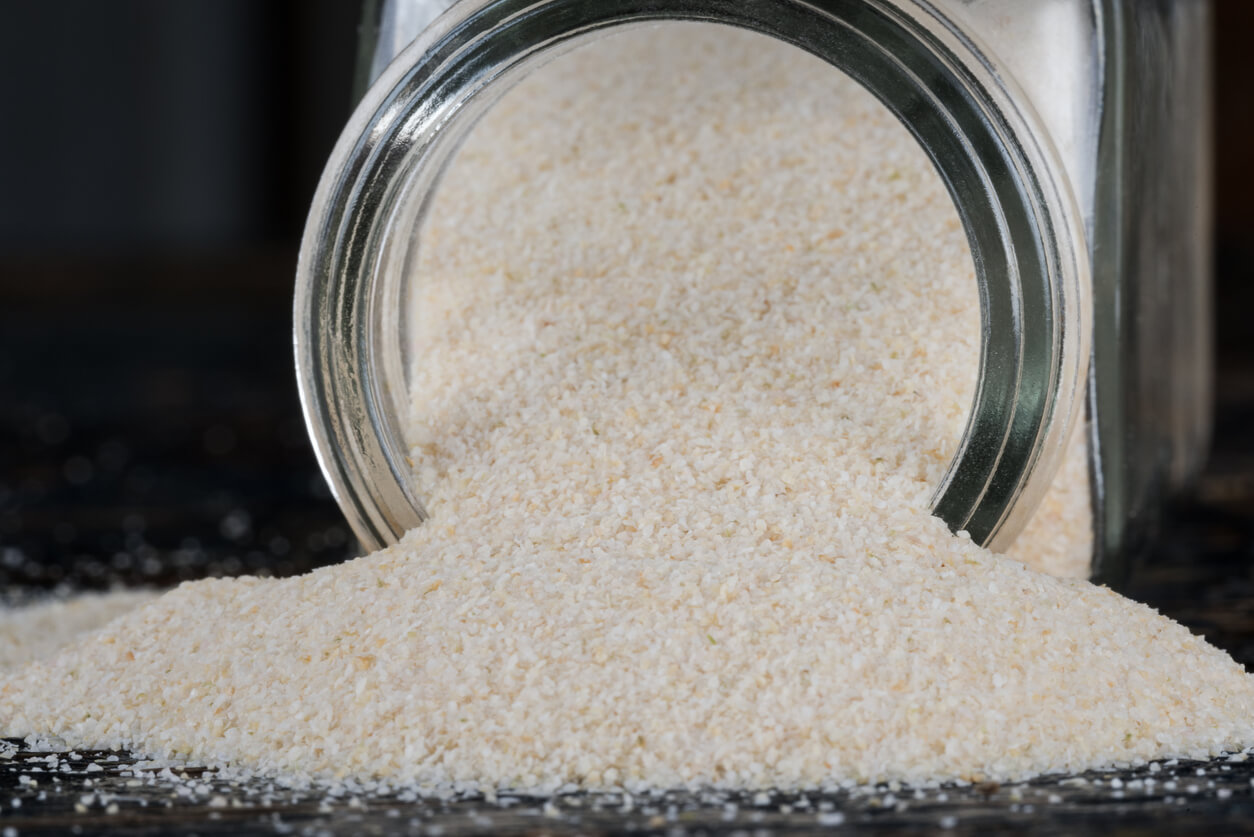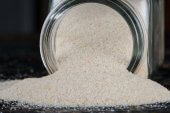
White Onion Powder
White onion powder has a rich history that spans centuries, with its origins tracing back to ancient civilizations that recognized the value of preserving the pungent flavor of onions for extended use. The ancient Egyptians, for example, revered onions for their medicinal properties and included them in the burial chambers of pharaohs. They also developed early techniques for drying and grinding onions to create a powdered form that could be used in various culinary applications.
As trade routes expanded and culinary knowledge spread, the use of onion powder, including white onion powder, became more widespread. In medieval Europe, onion powder was used to flavor meats, soups, and stews, particularly in the winter when fresh onions were scarce. The powder’s long shelf life and concentrated flavor made it a valuable commodity for travelers, sailors, and soldiers who needed to preserve food for extended periods.
Historically, white onion powder has become a staple in many global cuisines, particularly in regions where white onions are prevalent. In Mexican and Southwestern American cuisine, white onion powder is a key ingredient in many traditional dishes, such as tacos, burritos, and fajitas. White onion powder’s sharp, pungent flavor complements these dishes’ bold spices and flavors, adding depth and complexity to the overall taste profile.
White onion powder is also commonly used in seasoning blends for grilled meats and vegetables, as its strong flavor can withstand high heat and infuse the food with a delicious onion taste. In soups, stews, and sauces, white onion powder can provide a concentrated onion flavor without needing fresh onions, saving time and effort in the kitchen.
Beyond its culinary uses, white onion powder has also been recognized for its potential health benefits. Onions, including white onions, contain compounds such as quercetin and sulfides, which have been studied for their anti-inflammatory, antioxidant, and immune-boosting properties. By using white onion powder in cooking, individuals can incorporate these beneficial compounds into their diets in a convenient and flavorful way.
Today, white onion powder remains a beloved ingredient in many kitchens worldwide, prized for its intense flavor, versatility, and long shelf life. As culinary trends evolve and global flavors merge, white onion powder will likely maintain its status as an essential seasoning, adding its bold and assertive taste to various dishes for generations.
Print
White Onion Powder
White onion powder, made by dehydrating and grinding sharp, pungent white onions, is a versatile seasoning that delivers a concentrated burst of bold onion flavor to enhance a wide range of dishes, from Mexican and Southwestern cuisine to grilled meats, soups, sauces, and zesty dressings.
- Prep Time: 20 min
- Cook Time: varies
- Total Time: varies
- Yield: 1/2 cup 1x
- Category: Sides & Sauces
Ingredients
- 4 white onions
Instructions
In the Dehydrator
- For a dehydrator, prepping your onions is the most important part. Use a mandolin to cut evenly thin slices (1/8” to 1/4″ thick) throughout your onions.
- Spread on your dehydrator trays in one single layer each.
- Cook on as low as 100-110°F, which will take a couple days to dry but will preserve the most nutrients. You could increase to 135°F and they will be ready in about a day. The warmer you go, the faster they will dehydrate.
- Time will very every time you make them, it will depend on the moisture in the onion and how thick or thin the onions are. Cutting onions thicker will allow you to make more, but will double drying time. So in terms of time, the tell-tale sign they are done is when they crumble in your hands, and cannot bend at all, they are ready. There should be absolutely no moisture left.
- Crush into a fine powder with a dry blender, food processor, or coffee grinder and store in an air-tight container with some rice to absorb moisture.
In the Oven
- If you prefer to use the oven method, you could totally slice the onions like we did above and bake them, however you’ll get a lot more onion powder, less likeliness to burn, and a more even cooking consistency by grating them instead.
- Preheat your oven to 170°F (75°C) and line two baking sheets with parchment paper to prevent sticking.
- Cover a bowl with a couple layers of cheesecloth. Peel your onions and grate them into the bowl using a cheese grater or microplane. You could also use a food processor.
- Wrap the onions in the cheesecloth, twisting at the top, and squeeze out as much liquid as you can. (The onion juice can be used in marinades and salad dressings!)
- Spread out the onions on the baking sheets in an even uniform later and bake for about 5 hours, or more importantly, until they are completely dry and crumbling. The type of onion you use will determine how long they will need to cook. Checking every 30 minutes after 4 hours is a good tip.
- Remove totally dried onions, allow to cool completely, then add to a blender, food process, or coffee grinder, and store in an air-tight container with some rice to absorb moisture.
Learn more about choosing the best onions for making your own homemade onion powder and if you try this white onion powder, let me know what you think! For more information on growing your own onions, check out our Onion Gardening Guide, your go-to source for growing great onions!


 Previous
Previous

